When Marylynn Smith took the podium and addressed the Tyler Public Library board at a public meeting in January, she shared how her book club taught her about empathy, feeling comfortable expressing opinions while being considerate of opposing views.

“My book group met last week to discuss a prize-winning novel. Some members loved it… a few … forced themselves to finish the book,” Smith said. “Yet we all agreed, we now view the history of the California gold rush from a more well-rounded point of view and gained an enlightened sense of the struggles of immigrants and transgender people.”
Book selections in public libraries and schools continue to spark debate and contention – augmented since October after state Rep. Matt Krause asked schools, including Tyler Independent School District – to identify books that may “make students feel discomfort,” particularly on the topics of race and sexuality. Krause’s letter listed about 850 titles for review.
Meanwhile, local book clubs meet to read and discuss selected books, including two American Association of University Women book clubs in Tyler.
Their members praise their book groups for providing new material to consider and a place to openly discuss difficult topics.
Both of Tyler’s AAUW book clubs vote in advance on the slate of books they expect to read throughout the course of the year.
“We select the whole year’s worth of books, and it’s so exciting. It’s almost like opening a Christmas present,” Andie Rathbone said.
A repeated refrain among AAUW book club members centered around selecting books that expand their reading repertoire and the value of group discussions.
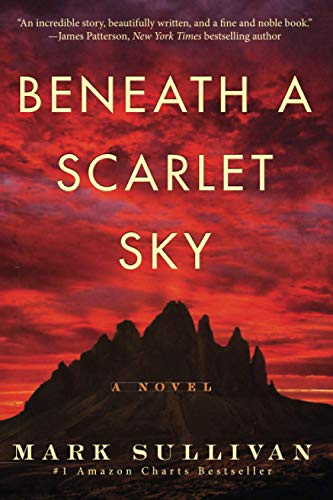
“You get exposed to books that you normally would not read,” Rathbone said.“I would never in a million years have picked up “Beneath a Scarlet Sky” by Mark Sullivan”.
It wasn’t long before Rathbone found herself absorbed in Sullivan’s story about an Italian child who spied for the allies during World War II.
Several book club members find value in group discussions and multiple points of view.
“It’s not just the variety of books, but the variety of thoughts that people bring to the discussion,” Marilyn Wills said.
Wills said she wishes her group had a broader mix of people.
“If we did, that would bring even broader insights to the things that we’re reading,” she said.
For some, having opposing opinions enhances their reading experience and makes them reconsider their first impressions of a particular book.
“It’s okay in our group to be the loner and not agree with everyone else,” Smith said.
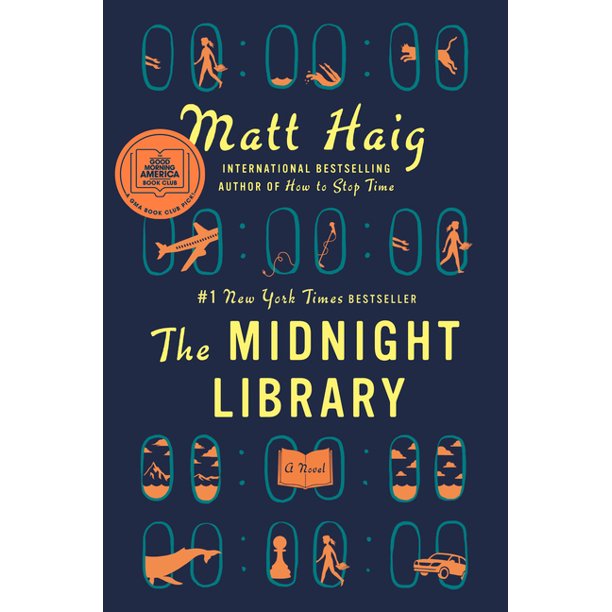
Smith said the discussion following “The Midnight Library” by Matt Haig – a book she did not like – changed her ideas about it.
“Several people pointed out that it was about if you could get a do-over and make decision B instead of decision A,” she said. “I remember it more now; I think about it sometimes”
Lou Anne Smoot said knowledge and discussion about the authors enriches her appreciation for the books.
“You get all the different opinions and you get a rundown about the authors.
“So often, when we read a book, we don’t take time to study who this person is that wrote the book. And that sometimes adds quite a bit to the meaning,” Smoot said.
Some book club selections were so impactful they were later used as a teaching tool.
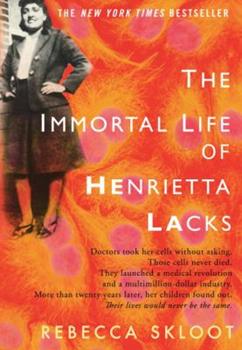
“One that always jumps to my mind is “The Immortal Life of Henrietta Lacks,” Sue Lander said.
Lacks, a Black woman from Baltimore in the 1920s, had a cancerous tumor used for research. The story centers around the ethics of the research, because Lacks did not give permission to have her tumor harvested and used by scientists.
“When I was teaching at TJC, I would use it as part of my class work,” Lander said.
The AAUW book club members are currently groups of all white women. “We’ve increased [diversity] a little in the last two or three years, because it seemed pertinent,” Jackie Littleton said.
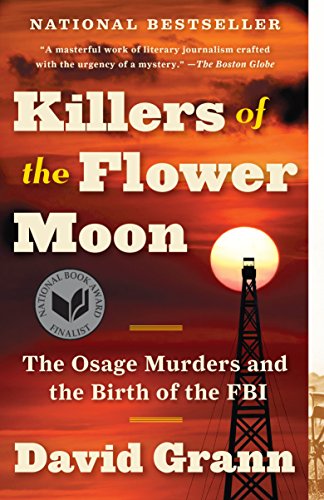
This year’s reads include Latina and Asian authors and a Native American non-fiction book, “Killers of the Flower Moon: The Osage Murders and the Birth of the FBI” by David Grann.
Sheila Austin recalls the strong reaction she got from reading it.
“It made me so mad for them, the way that tribe was treated when the oil was found, and they were murdered over it. It was a heartbreaking book, and it made me mad, and then I thought, ‘Why didn’t we hear about this in history?’” Austin said.
Other members recall being deeply affected by book selections about race and history.
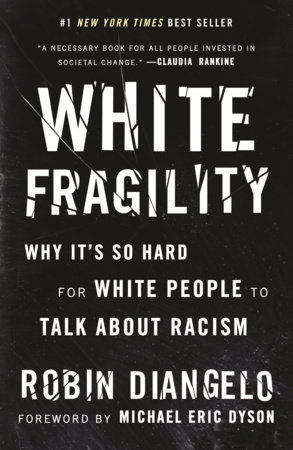
For Cathy Brady, reading “White Fragility” by Robin DiAngelo changed her opinion about herself.
“It made me really reconsider my arrogance in some ways. I always thought I was very progressive, and no way am I racist,” she said.
“I had to look back to how I was raised, and it really made me reconsider. I would not say that I’m racist, but I think that I do have that white privilege that seems to be inherent when you’re in this country and you’re born white and middle class.
“And so again, that would not have been a book that I would have picked up. Darn glad I did,” she said.
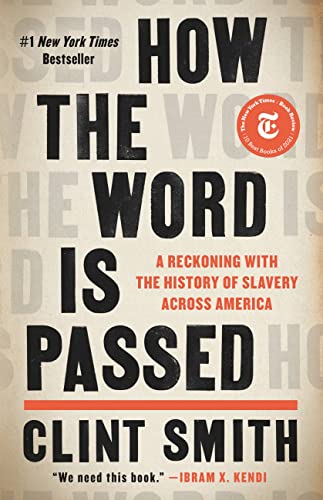
Jeanelle Maland had a similar experience with Clint Smith’s “How the Word is Passed: A Reckoning with the History of Slavery across America.”
“You need to read it,” she said. “The author tells the story. He’s a 30-ish year old African American. Almost every place he visits is in the South, and he interviews or talks to people at those locations.”
Other book club members have felt challenged by reading topics they initially thought uninteresting.
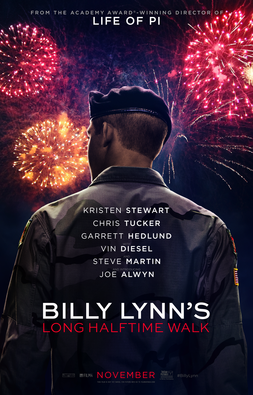
“One example of that for me is “Billy Lynn’s Long Halftime Walk,” Smith said.“I never would have read that, but I loved it.”
Smith, who does not care for football, discovered the book’s other theme involving returning veterans.
“…they wanted to honor them, and they didn’t honor them. It was traumatizing, because they set off fireworks,” she said.
Littleton said her book club is a safe space. “I feel very comfortable [discussing uncomfortable subjects] because I know that it won’t go anywhere else,” she said.
Wills agreed her book club provides a needed space for open discussion.
“In this environment where we’re almost afraid to talk to one another these days about certain issues, this group feels comfortable enough with each other that we share information that we might not in other venues.
“I wish that everybody had the opportunity to have a platform where they could listen to other views and say what they think about things without being threatened or intimidated,” Wills said.
There is no formal confidentiality agreement among book club members. Maland said, “It’s more like ‘What happens in Vegas.’”
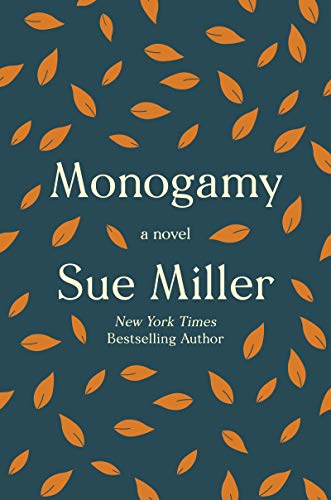
After her book club read “Monogamy” by Sue Miller, Wills said she compared their experience to life in Tyler.
“When I read, I always think in terms of ‘Could that happen here or does that happen here or is that similar to what we would be doing or thinking?’” she said.
Love what you're seeing in our posts? Help power our local, nonprofit journalism platform — from in-depth reads, to freelance training, to COVID Stories videos, to intimate portraits of East Texans through storytelling.
Our readers have told us they want to better understand this place we all call home, from Tyler's north-south divide to our city's changing demographics. What systemic issues need attention? What are are greatest concerns and hopes? What matters most to Tylerites and East Texans?
Help us create more informed, more connected, more engaged Tyler. Help us continue providing no paywall, free access posts. Become a member today. Your $15/month contribution drives our work.







